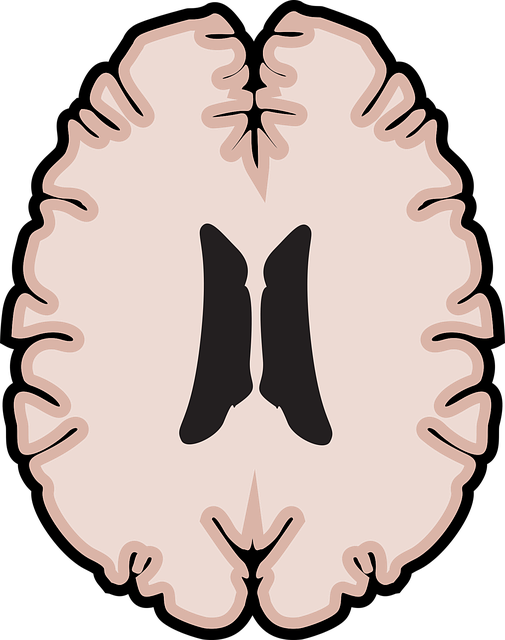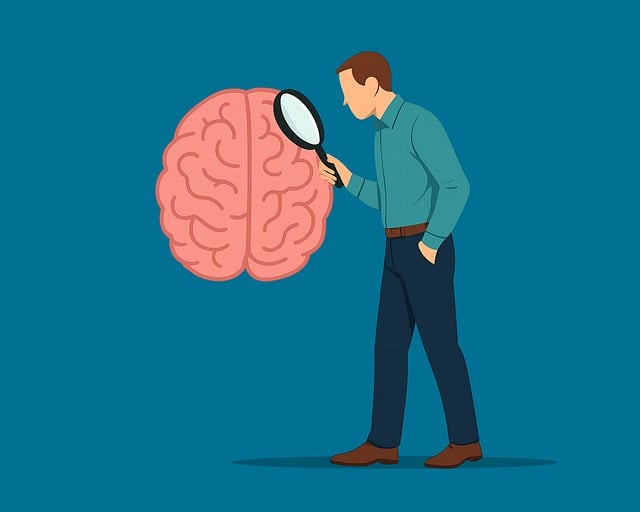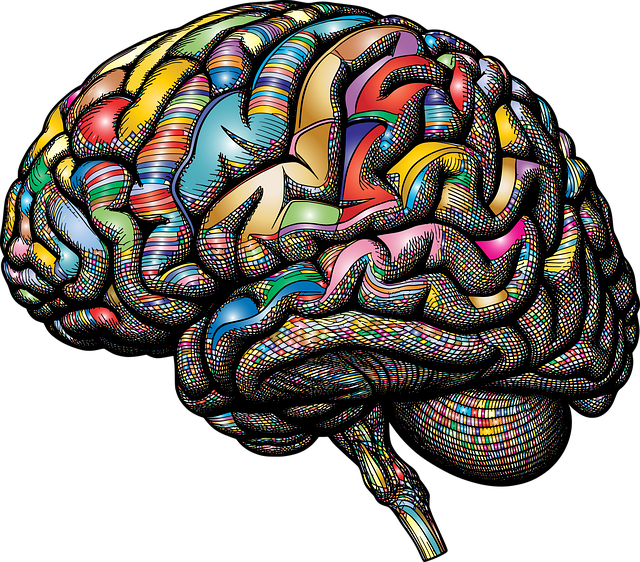Lone Tree Women's Issues Therapy focuses on empowering individuals through emotional intelligence (EQ). By encouraging self-awareness, introspection, and mindfulness, their programs help clients understand and manage emotions effectively. This leads to healthier relationships, improved decision-making, and enhanced well-being. Through specialized EQ strategies like active listening, self-care routines, and journaling, Lone Tree Womens Issues Therapy fosters resilience, validates emotions, and promotes a sense of belonging within communities. Their work emphasizes the power of self-compassion for navigating challenges and building strong relationships, contributing to impactful mental wellness content in today's fast-paced world.
Emotional intelligence (EQ) is a powerful tool for personal growth and building meaningful relationships. In this article, we explore the diverse aspects of EQ, beginning with understanding self-awareness—a cornerstone of emotional intelligence. We delve into the profound impact of EQ on individual development, offering practical strategies to enhance it in daily life. Additionally, we discuss overcoming challenges with self-compassion and how emotional intelligence fosters resilient connections, providing insights relevant to everyone seeking improvement, especially those considering Lone Tree Womens Issues Therapy.
- Understanding Emotional Intelligence: Unlocking Self-Awareness
- The Impact of Emotional Intelligence on Personal Growth
- Strategies for Enhancing EQ in Daily Life
- Overcoming Challenges: Practicing Self-Compassion
- Building Resilient Relationships through Emotional Intelligence
Understanding Emotional Intelligence: Unlocking Self-Awareness

Understanding Emotional Intelligence begins with unlocking self-awareness—a key component that Lone Tree Womens Issues Therapy offers as part of its comprehensive approach. By recognizing and acknowledging your own emotions, you gain invaluable insights into your thoughts and behaviors. This foundational step is crucial for developing effective social skills training and mental health education programs designed to promote emotional well-being. Through introspection and mindfulness exercises, individuals can learn to manage their emotions, foster healthier relationships, and make more informed decisions, ultimately enhancing their overall quality of life.
The Impact of Emotional Intelligence on Personal Growth

Emotional intelligence (EQ) plays a pivotal role in personal growth and development. It empowers individuals to understand and manage their own emotions effectively, enabling them to respond rather than react in various situations. This self-awareness fosters better decision-making and strengthens relationships, both personally and professionally. For instance, a person with high EQ can navigate conflicts constructively, enhancing collaboration and communication strategies within teams or diverse communities.
In the context of Lone Tree Womens Issues Therapy, emotional intelligence is instrumental in creating safe spaces for individuals to explore and process their emotions. Therapists who possess strong EQ skills are better equipped to provide culturally sensitive mental healthcare practices, tailoring support to meet unique needs. Mental health education programs design can also benefit from EQ integration, ensuring that participants develop resilience, empathy, and effective coping strategies. These abilities contribute to long-term personal growth, improved mental well-being, and enhanced overall quality of life.
Strategies for Enhancing EQ in Daily Life

Building emotional intelligence (EQ) is a lifelong journey that can significantly enhance your interactions and overall well-being. Incorporating certain strategies into your daily routine, such as those offered by Lone Tree Womens Issues Therapy, can help elevate your EQ. One effective method is practicing active listening during conversations—truly focusing on the speaker, understanding their perspective, and responding thoughtfully. This not only deepens connections but also allows you to recognize and validate others’ emotions.
Self-care routine development for better mental health plays a pivotal role in EQ enhancement. Dedicating time for stress management techniques like meditation or mindfulness exercises enables you to cultivate a stronger sense of self-awareness. By recognizing and managing your own emotions, you become more attuned to those of others, fostering healthier relationships and effective communication. Regular reflection through journaling can also provide valuable insights into your emotional patterns, helping you navigate challenges with greater equanimity.
Overcoming Challenges: Practicing Self-Compassion

Emotional intelligence (EI) is a powerful tool for overcoming challenges and fostering positive relationships, both personally and professionally. One effective strategy to enhance EI is through practicing self-compassion, which involves treating yourself with kindness, understanding, and acceptance, especially during difficult times. This approach can be as simple as acknowledging your struggles and offering yourself encouragement, much like you would a friend in need. Research has shown that cultivating self-compassion can significantly improve mental wellness, reduce stress, and enhance overall resilience.
Lone Tree Womens Issues Therapy is a prime example of how community outreach programs can make a difference in promoting emotional intelligence. Through their initiatives, they provide resources and support for individuals facing various challenges, encouraging self-care practices and fostering a sense of belonging. By integrating self-compassion into daily routines, as suggested by mental health policy analysis and advocacy groups, people can build resilience against life’s hurdles and improve their overall well-being, ultimately contributing to stronger communities.
Building Resilient Relationships through Emotional Intelligence

Building resilient relationships is a cornerstone of emotional intelligence, and it’s an essential aspect that Lone Tree Women’s Issues Therapy addresses with dedicated support. Emotional intelligence allows individuals to understand their own emotions and those of others, fostering deeper connections and effective communication. This, in turn, strengthens bonds between people, enabling them to navigate challenges together. In today’s fast-paced world, where social interactions can often feel superficial, cultivating emotional intelligence becomes even more vital.
The development of emotional intelligence through therapy or self-directed learning empowers individuals to build supportive networks. This is particularly crucial in the context of public awareness campaigns and mental wellness podcast series production, where understanding emotions helps in creating content that resonates with audiences on a deeper level. Social skills training plays a pivotal role here, teaching individuals how to express their feelings constructively, resolve conflicts, and offer empathy, thereby enhancing relationships both personally and professionally.
Emotional intelligence is a powerful tool for personal growth and building resilient relationships, as demonstrated by the various strategies discussed. By understanding and cultivating emotional awareness, individuals can navigate life’s challenges with greater ease. Lone Tree Women’s Issues Therapy highlights the importance of self-compassion and offers valuable insights into enhancing EQ in daily life. Embracing these principles enables individuals to foster meaningful connections and lead more fulfilling lives.














